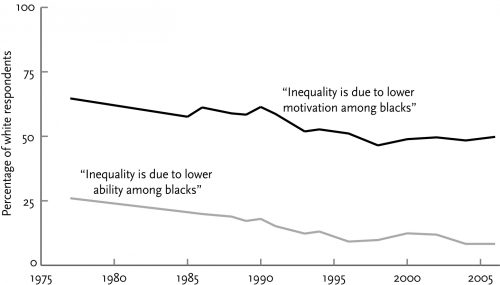Seriously, dude? Steven Pinker is peddling NFTs now?
On March 14th at 7pm ET, thought leader and Harvard professor Steven Pinker will release digital collectibles of his famous idea that “Free speech is fundamental”.
These collectibles will guarantee recurrent access to intimate group video calls with Pinker to discuss this topic for the next several years.
Two tiers will be available: the gold collectible, which is unique and grants the buyer the right to co-host the calls with Pinker, will be priced at $50,000; the standard collectibles, which are limited to 30 items and grant the buyers the right to access those video calls and ask questions to Pinker at the end, will be priced at 0.2 Ethereum (~$300).
The NFTs will be available for purchase on the Polemix NFT platform. Holders of the NFTs can expect to book their first call with Pinker as soon as two weeks following their purchase; thus receiving utility for the NFTs shortly after.
HIS famous idea that “Free speech is fundamental”? And all it is is a picture of Pinker with the words “free speech is fundamental” printed on it? Here you go, I’ll save you $50,000, although I can’t provide the phone call.
My first thought: this has to be a joke, a satirical web page made to poke fun at the self-importance of these IDW gomers.
It’s not. Pinker himself promoted it.
Jesus. It is a big joke, a joke named Pinker.
Except…apparently they’ve already sold out. Maybe humanity is the joke.





 Well, you can trust good ol’ Steven Pinker to come along and dial it all up to 11. His new book is titled
Well, you can trust good ol’ Steven Pinker to come along and dial it all up to 11. His new book is titled 




